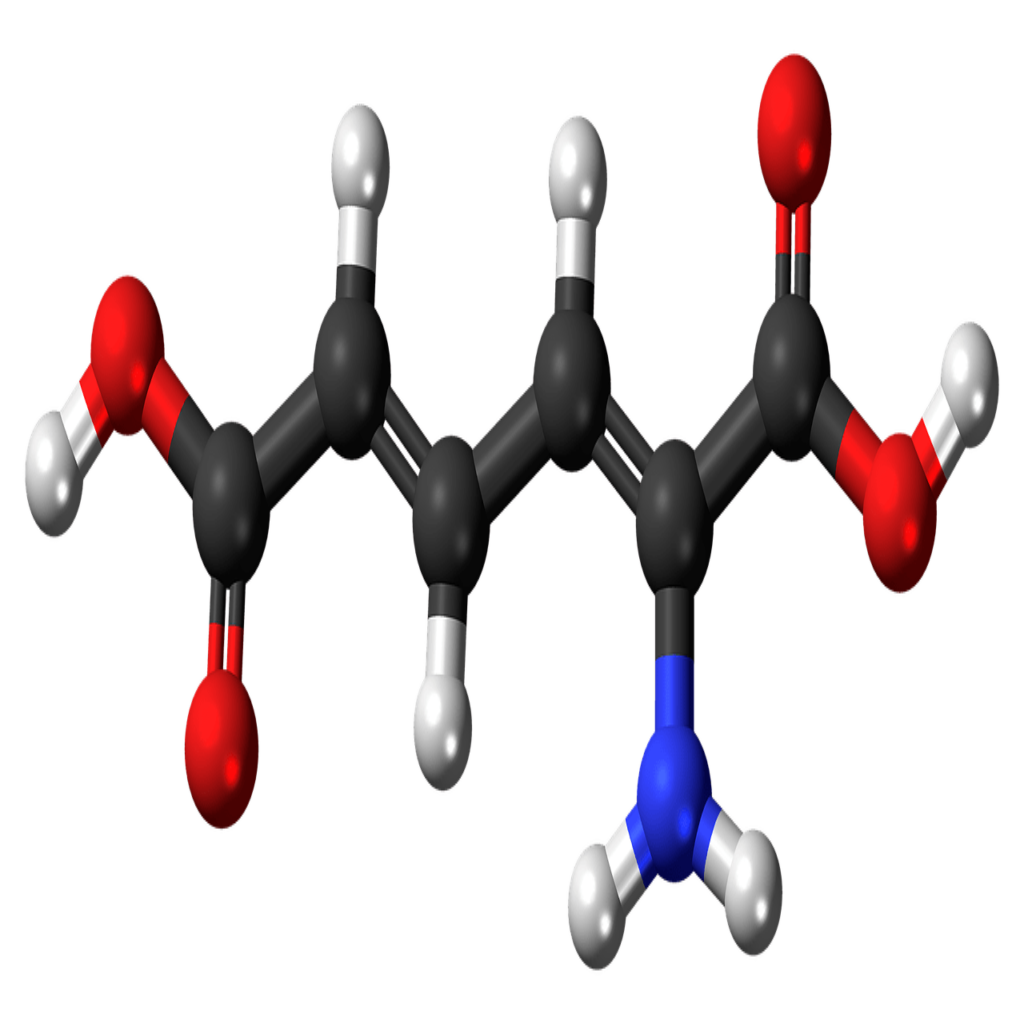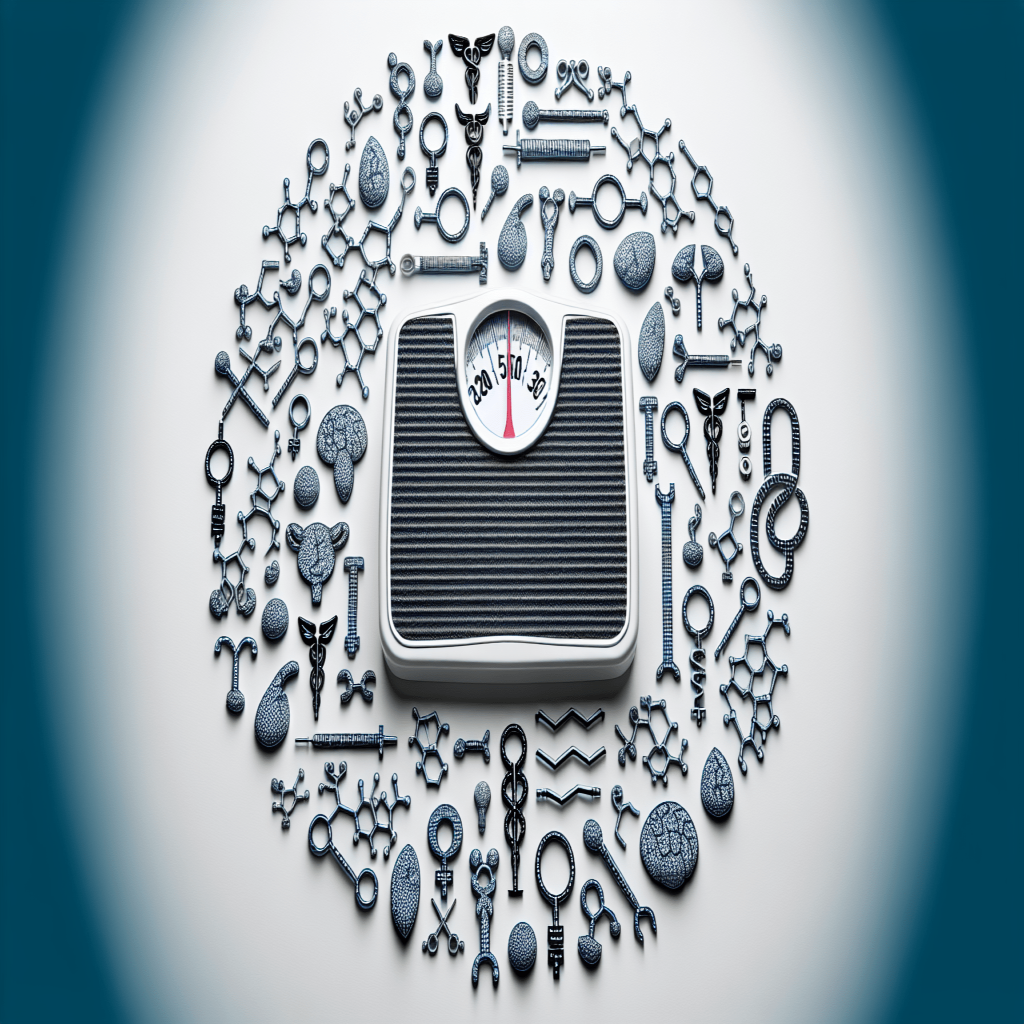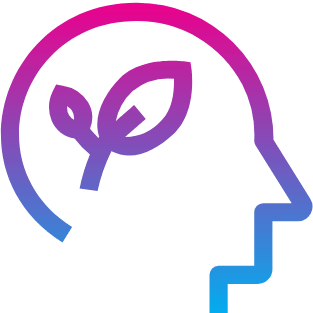Today, we are going to explore the fascinating relationship between hormones and weight loss. Hormones play a crucial role in regulating our metabolism, appetite, and fat storage, making them key players in our ability to lose weight effectively. By understanding how different hormones impact our body’s ability to shed pounds, we can unlock the secrets to achieving lasting weight loss success. So, let’s dive in and uncover the science behind hormones and weight loss!
What Is The Connection Between Hormones And Weight Loss?
Do you ever wonder why some people seem to effortlessly lose weight while others struggle despite their best efforts? The answer may lie in the complex and fascinating world of hormones. Hormones play a crucial role in regulating your metabolism, hunger, and overall body composition. In this article, we will explore the connection between hormones and weight loss to help you better understand how they impact your journey to a healthier you.

Understanding Hormones and Their Role in Weight Loss
Let’s start by breaking down the basics. Hormones are chemical messengers in your body that regulate various physiological functions. When it comes to weight loss, certain hormones play a significant role in determining how your body stores and burns fat. By understanding how these hormones work, you can make informed choices to support your weight loss goals.
Insulin: The Blood Sugar Regulator
Insulin is perhaps one of the most well-known hormones, responsible for regulating your blood sugar levels. When you eat carbohydrates, your body releases insulin to help transport glucose from your bloodstream into your cells for energy. However, consistently high levels of insulin can lead to insulin resistance, a condition where your cells become desensitized to the hormone. This can stimulate fat storage and make weight loss more challenging.
Leptin: The Hunger Hormone
Leptin is a hormone produced by your fat cells that plays a crucial role in regulating hunger and energy balance. When you eat, your fat cells release leptin to signal to your brain that you are full and satisfied. However, in cases of leptin resistance, this signal can be disrupted, leading to increased hunger and overeating. Rebalancing your leptin levels through diet and lifestyle changes can help support weight loss.
Ghrelin: The Appetite Stimulant
On the flip side, ghrelin is a hormone produced by your stomach that stimulates appetite and promotes food intake. Ghrelin levels typically rise before meals and fall after eating. However, imbalances in ghrelin production can lead to increased hunger and cravings, making it harder to stick to a healthy eating plan. By understanding how ghrelin influences your appetite, you can take steps to manage your hunger and support weight loss efforts.
Cortisol: The Stress Hormone
Cortisol, often referred to as the “stress hormone,” is produced by your adrenal glands in response to stress. While cortisol plays a vital role in the body’s fight-or-flight response, chronic stress can lead to persistently high levels of cortisol. This can contribute to abdominal fat storage, increased appetite, and cravings for sugary and fatty foods. Managing stress through relaxation techniques, exercise, and adequate sleep can help regulate cortisol levels and support weight loss.
Hormonal Imbalances and Weight Loss Resistance
In some cases, hormonal imbalances can make it challenging to lose weight despite your best efforts. Conditions such as polycystic ovary syndrome (PCOS), thyroid disorders, and insulin resistance can disrupt hormone levels and metabolism, making weight loss more difficult. If you suspect you have a hormonal imbalance, it’s essential to consult with a healthcare provider to identify the underlying cause and develop a personalized treatment plan.
Polycystic Ovary Syndrome (PCOS)
PCOS is a common hormonal disorder that affects women of reproductive age, characterized by irregular periods, high levels of androgens (male hormones), and cysts on the ovaries. Women with PCOS often struggle with weight gain, insulin resistance, and difficulty losing weight. Managing PCOS involves addressing hormone imbalances, insulin resistance, and lifestyle factors to support weight loss and overall health.
Thyroid Disorders
The thyroid gland plays a crucial role in regulating metabolism through the production of thyroid hormones. Conditions such as hypothyroidism (underactive thyroid) and hyperthyroidism (overactive thyroid) can disrupt hormone levels and metabolism, leading to weight gain or difficulty losing weight. Treatment for thyroid disorders typically involves medication, lifestyle changes, and dietary modifications to support healthy thyroid function and weight management.
Insulin Resistance
Insulin resistance occurs when your cells become less responsive to the hormone insulin, leading to elevated blood sugar levels and increased fat storage. This can hinder weight loss efforts and increase the risk of developing type 2 diabetes. Managing insulin resistance involves adopting a balanced diet, regular exercise, and maintaining a healthy weight to support insulin sensitivity and metabolic health.

Hormone-Friendly Tips for Weight Loss Success
Now that you have a better understanding of the connection between hormones and weight loss, let’s explore some practical tips to support your journey to a healthier weight.
Balance Your Macronutrients
Eating a balanced diet that includes adequate protein, healthy fats, and complex carbohydrates can help regulate hormone levels and support weight loss. Protein helps promote satiety and muscle growth, fats play a crucial role in hormone production, and carbohydrates provide energy for your body. Aim to include a variety of nutrient-dense foods in your meals to nourish your body and support hormonal balance.
Manage Stress Levels
Chronic stress can have a profound impact on your hormones, particularly cortisol, which can promote weight gain and hinder weight loss efforts. Incorporate stress-reducing activities into your daily routine, such as meditation, yoga, deep breathing exercises, or spending time in nature. Prioritizing self-care and relaxation can help regulate cortisol levels and support a healthy weight.
Get Adequate Sleep
Sleep is essential for hormone regulation, metabolism, and overall health. Inadequate sleep can disrupt hormone production, particularly leptin and ghrelin, leading to increased appetite and cravings for unhealthy foods. Aim for 7-9 hours of quality sleep each night to support weight loss and optimize your hormonal balance.
Stay Active
Regular physical activity is crucial for supporting weight loss and hormone balance. Exercise can help increase insulin sensitivity, boost metabolism, and promote the release of endorphins, your body’s natural mood-boosting hormones. Find activities you enjoy, whether it’s walking, running, cycling, strength training, or yoga, and make movement a priority in your daily routine.
Stay Hydrated
Proper hydration is essential for overall health and weight loss. Drinking an adequate amount of water helps support digestion, metabolism, and hormone production. Aim to drink at least 8-10 cups of water per day and add hydrating foods such as fruits and vegetables to your diet to stay hydrated and support your weight loss goals.

Final Thoughts
Understanding the connection between hormones and weight loss can empower you to make informed choices to support your health and well-being. By addressing hormonal imbalances, adopting healthy lifestyle habits, and seeking professional guidance when needed, you can create a sustainable approach to weight loss that works for you. Remember, everyone’s journey is unique, so be patient with yourself and celebrate the small victories along the way. You’ve got this!




